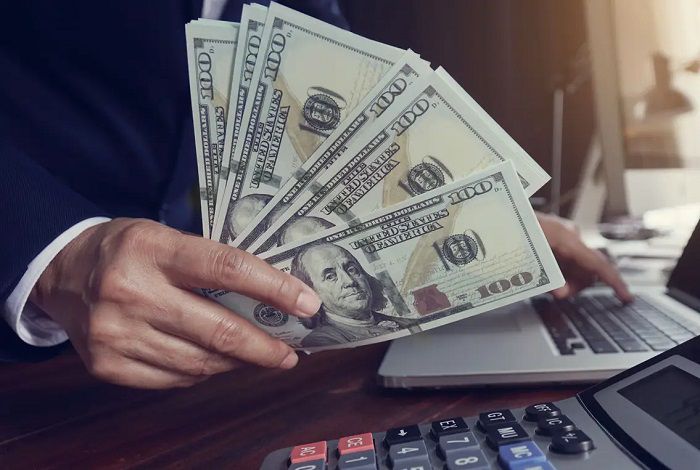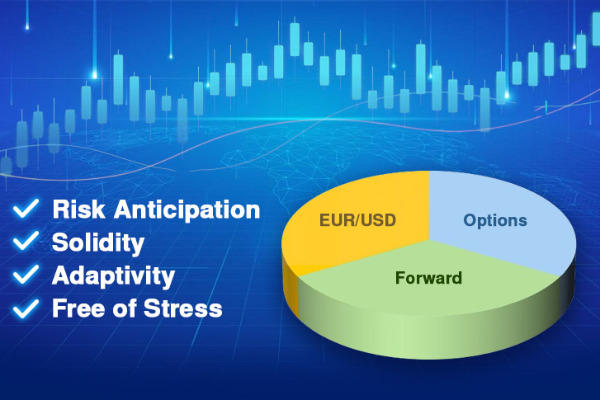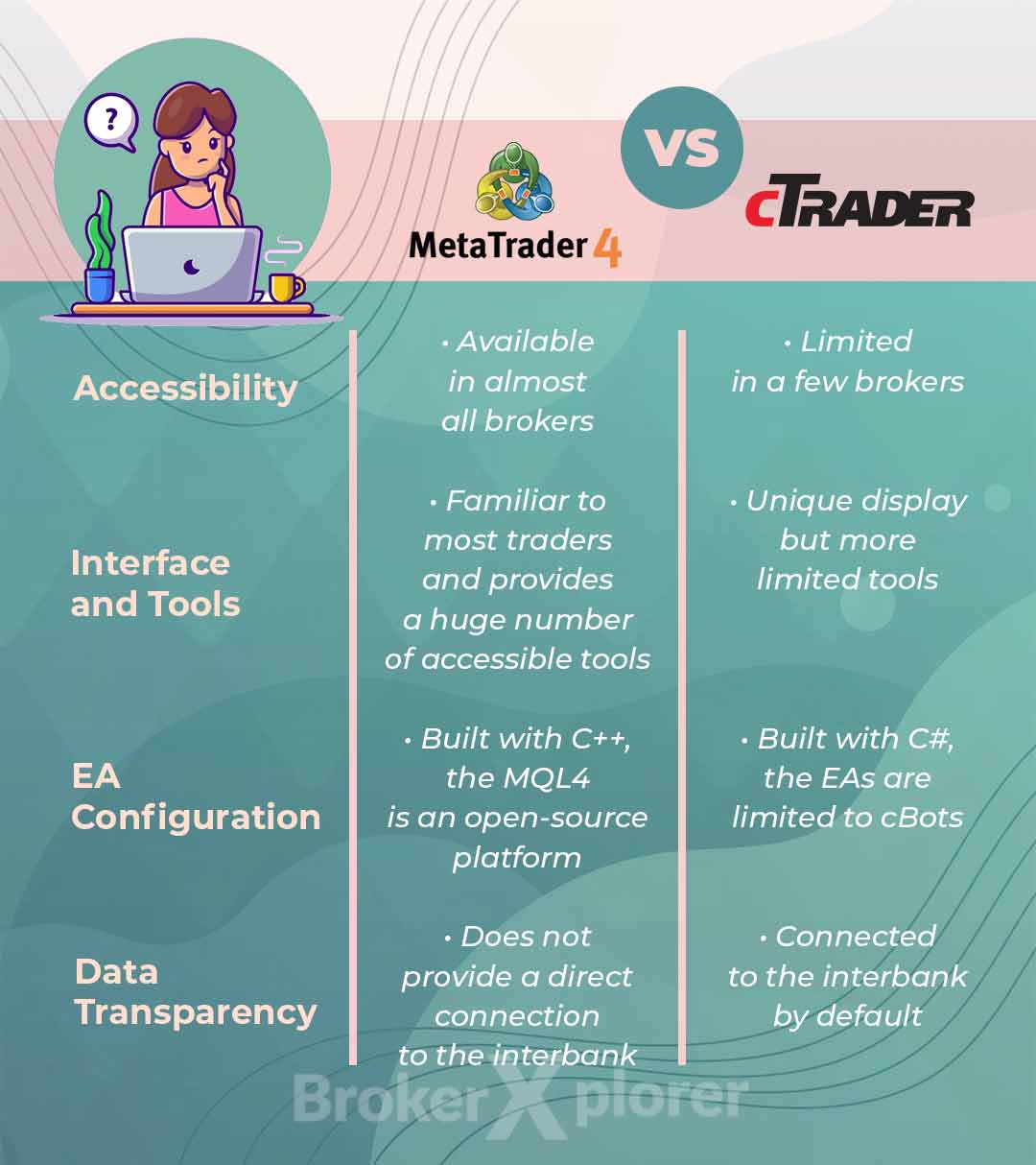It's not impossible to make $100,000 in trading, but not all traders actually achieve it. If you want to improve your chance, consider to get over these 4 mistakes first.
Trading can be a very profitable way of money-making, but it also can cause a downfall if you're not careful. There are a lot of success stories from traders, the rag-to-riches that sound impossible. But there are more stories of fallen traders, losing everything from a single wrong step and miscalculations. Many day traders may be able to make $1,000 or $5,000 sometimes. Professionals, though, might be able to continuously make $1,000 every day and grow their account until it reaches $100,000 and more.

At the end of the day, what makes you unable to reach that $100,000? Let's check the reasons out!
The Wrong Goal
Many new traders usually focus on growing their accounts. They strive to ensure that their balance is really big to prove themselves. However, this kind of goal might lead them to a common mistake; unable to strike an opportunity perfectly.
You see, the thing with trading is how accurate you are to read the market conditions and adjust to an unexpected situation. When you only focus on making your account bigger, you might miss the chance of an even bigger win. Instead of calmly analyzing everything, you will put everything at stake to win. This can be your downfall as you might miss many important reversal points, new trends, and the golden timeframe to start and end your trading.
Why so? The truth is, everything comes from your emotion. When you are desperate to win, the fluctuation of your emotion might stop you from making rational decisions. If you are lucky, it might give you a win. But if not, it will be more than just your account balance to pay.
Short-sighted Mindset
Now, there is a lot of reason why people start trading. Some of them want quick cash, others want to save and prepare a long-term fund, and some people might just want to try their luck. No matter what the reason is, you must avoid having a short-sighted mindset.
For example, you start trading one day with an account of $100. After a few rounds of trading, you lose $50.49. After that, you are discouraged and swear off trading. But a few weeks or months later, you try to trade again. This time, you gain some but lose more, so you quit again.
You see, the thing with trading is that you won't be able to win all the jackpot in one go. Many things make you win or lose, and it needs experience. When you quit after doing one trade, it won't give you the necessary time to build up all of those experiences. Since it's really hard to swallow one loss after another, especially if you have limited funds, it is very very advisable for new traders to trade on a demo account or start from a small balance.
After that, you can start to make a trading journal to keep track of your development. This way, you can learn from your past mistake and build up that trading experience for a better chance. At the end of the day, that long-term goal will be within your reach.
Psychological Condition
Trading is not just a money game. It is also a psychological game. In the span of two to three hours of trading, you need to constantly tinker with your setup to ensure you won't lose that money. Mistakes could happen even with the slightest lapse of focus. This is why there are people who prefer algo-trading instead of doing everything themself. It is also the reason why the perfect period for day traders is one to two hours per day.
On the other side, gaining experience also boosts your confidence. Confidence is okay, but overconfidence might be your demise. The moment you start to trade longer or take more risks, you should be careful because you might just be too overconfident. It is very important to know your limit to avoid unseen pitfalls that can affect your trading win.
Inconsistent
As previously said, trading needs a lot of experience. A successful and professional trader needs years to formulate their perfect trading plan. Every plan they made is not just the result of one or two days of trading. Thus, what you need is to be consistent.
Not being consistent means you don't have enough data to learn. And not having enough data to learn means you cannot improve. You can be stagnating and unable to reach a higher level of trading. Even worse, your ability will start declining. Things like understanding graphic patterns, what causes a reversal, and other things can only be achieved by comparing lots of trading data.
If you find yourself struggling to make $100,000 as a day trader, it's better to concentrate on the present task at hand. Never fantasize about large profits or earning a killing strike. Consistency is also essential; gains in modest increments are more common and can be just as rewarding in the long run.

 Dedicated FREE FOREX VPS
Dedicated FREE FOREX VPS Free FOREX Virtual Private Server
Free FOREX Virtual Private Server MT4 Demo Contest, Get $500
MT4 Demo Contest, Get $500 Sign Up for an Account, Claim 60% Deposit Bonus
Sign Up for an Account, Claim 60% Deposit Bonus Free MT4/MT5 VPS 2024
Free MT4/MT5 VPS 2024 Send E-mail and Get Free Merchandise
Send E-mail and Get Free Merchandise $1K Refer a Friend Bonus for Pepperstone Pro clients
$1K Refer a Friend Bonus for Pepperstone Pro clients Maximize Your Earnings with 100% Deposit bonus
Maximize Your Earnings with 100% Deposit bonus Trade to Win, $5,000 Monthly Demo Contest
Trade to Win, $5,000 Monthly Demo Contest Claim 30% + 15% Deposit Bonus from LiteFinance
Claim 30% + 15% Deposit Bonus from LiteFinance








